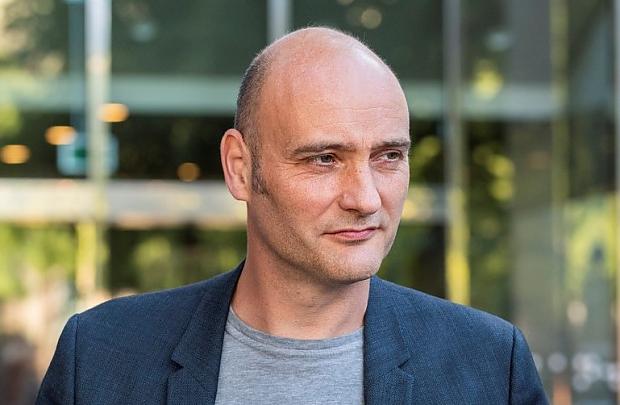Time for a different defence policy
Time for a different defence policy

'If no additional investments are made, drastic choices will have to be made and the organisation will have to shrink structurally', as the Minister of Defence stated in the Defence Budget for 2022. It is a sign that the tide is turning. It is time for a sharp change in policy. The hopeless outcome of 20 years of war in Afghanistan makes it clear that the era of Western wars of aggression is over. It is time for a different defence policy.
The West's dramatic defeat in Afghanistan must lead to a new course. Twenty years of war proved to be in vain, despite many billions spent. Instead of democracy, the Taliban retook the country. Instead of peace, millions of refugees emerged and hundreds of thousands of people were killed. NATO has not only failed enormously, it has brought death and destruction in a poverty-stricken country. Even President Joe Biden has said that this kind of war should no longer be waged.
Defence must change. Unlike the advocates of more and much heavier armament, I propose a change of course. The formation is still ongoing, so this is the right moment to focus on a new policy of relaxation and disarmament.
For twenty years, the Netherlands has blindly followed the US in foreign policy. This should lead to profound lessons. One of them is that no realistic conclusions have been drawn from the wrong wars against countries like Iraq and Afghanistan. It had long been clear that the war in Afghanistan could not be won unless a long-term occupation was introduced. Fortunately, was not wanted anywhere, but it also means that the strategy was wrong. The lesson one should draw from this is that the Netherlands should be much less docile. Unfortunately, that happens all too infrequently.
Take nuclear weapons, for example. On this point, the Netherlands is still totally dependent on the US. The government has purchased JSF fighter jets to carry American nuclear weapons. Again, American policy is followed unthinkingly. All 46 JSFs ordered by the Netherlands must enter service soon. One squadron, the one of Volkel Air Base, will receive a new nuclear weapon. The first four aircraft will arrive at Volkel on June 30th.
Instead of new American nuclear weapons, it is necessary to abandon the nuclear weapon task. A discussion on this subject is apparently feared by the government, undoubtedly because the majority of the population is opposed to it. We advocate a nuclear weapons-free Europe. At the same time, The Netherlands must sign the UN treaty against nuclear weapons.
Another example. The four extremely expensive new submarines that Defence wants to buy, worth 3.5 billion euro. They have to be deployable worldwide, apparently to take part in American missions in the seas around China. Why participate again in a kind of Cold War 2.0? Why again take part in such an unnecessary prestige project? In recent years, the Cold War with Russia has flared up. This is a very unfavourable development for the people of Europe. It leads to rearmament and increasing military expenditure. NATO has imposed on its members to increase military expenditure to 2 per cent of the Gross Domestic Product. This is literally the start of a new arms race, which is especially good for the arms industry.
It can also be done differently. In the 1970s, German Chancellor Willy Brandt broke the deadlock of those years by adopting an Ost-politik. The political relaxation led to the Helsinki Treaty in 1975. It is time for a new Ost-politik and it is high time for a revised Helsinki Treaty. This will achieve more than rearmament.
The developments regarding the COVID pandemic and the increasing severity of natural disasters also raise the question of what security actually is. Defence wants more resources for weapons. But when COVID also struck in Europe or torrential rains devastated large parts of the hilly country on the border of Germany, Belgium and the Netherlands, it became clear that security is a much bigger issue than just a military one.
This raises new questions about what should have priority. That discussion cannot be avoided, and we opt for social rather than military expenditure. That is why it is time for a structural reconsideration of the defence policy.
